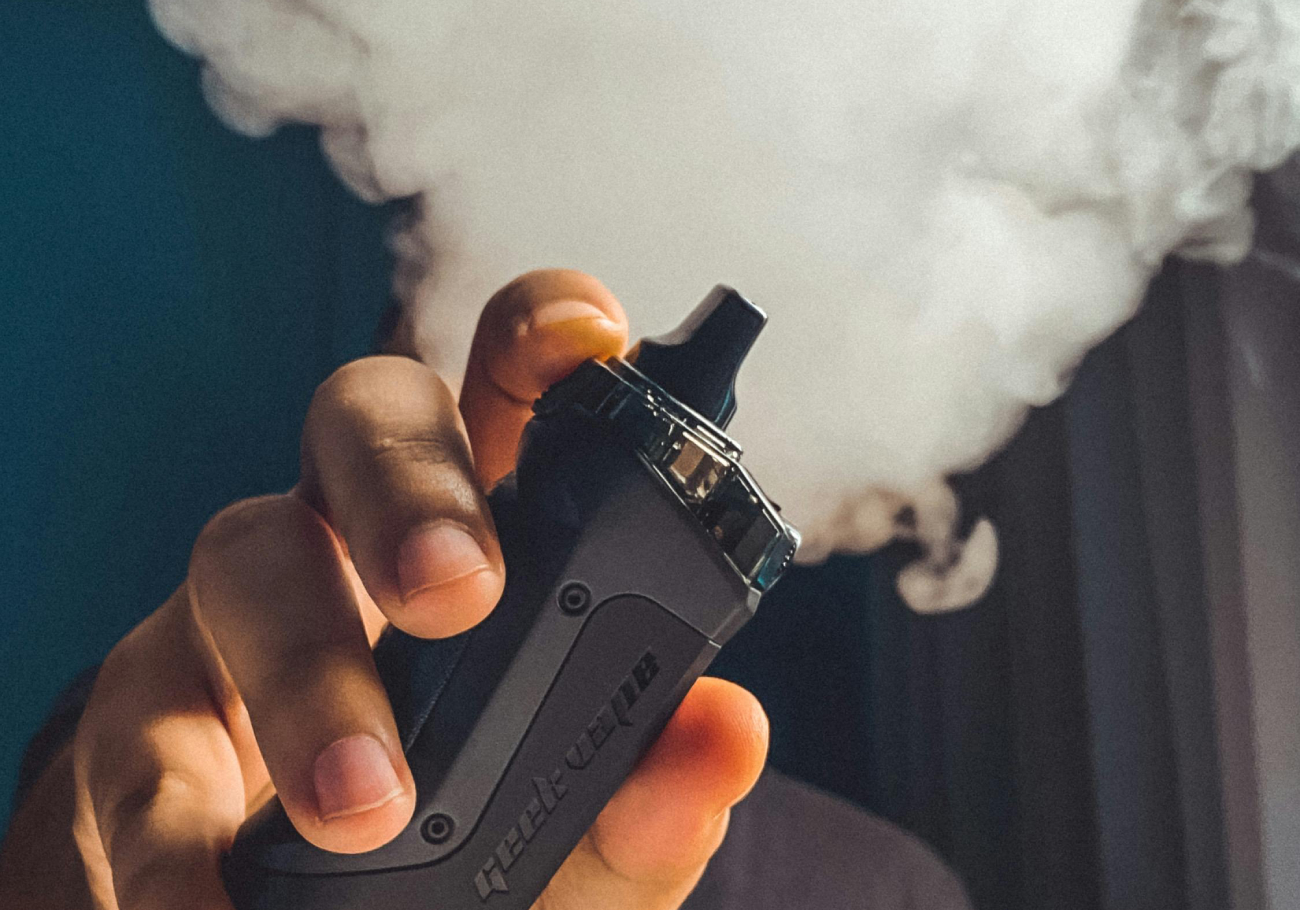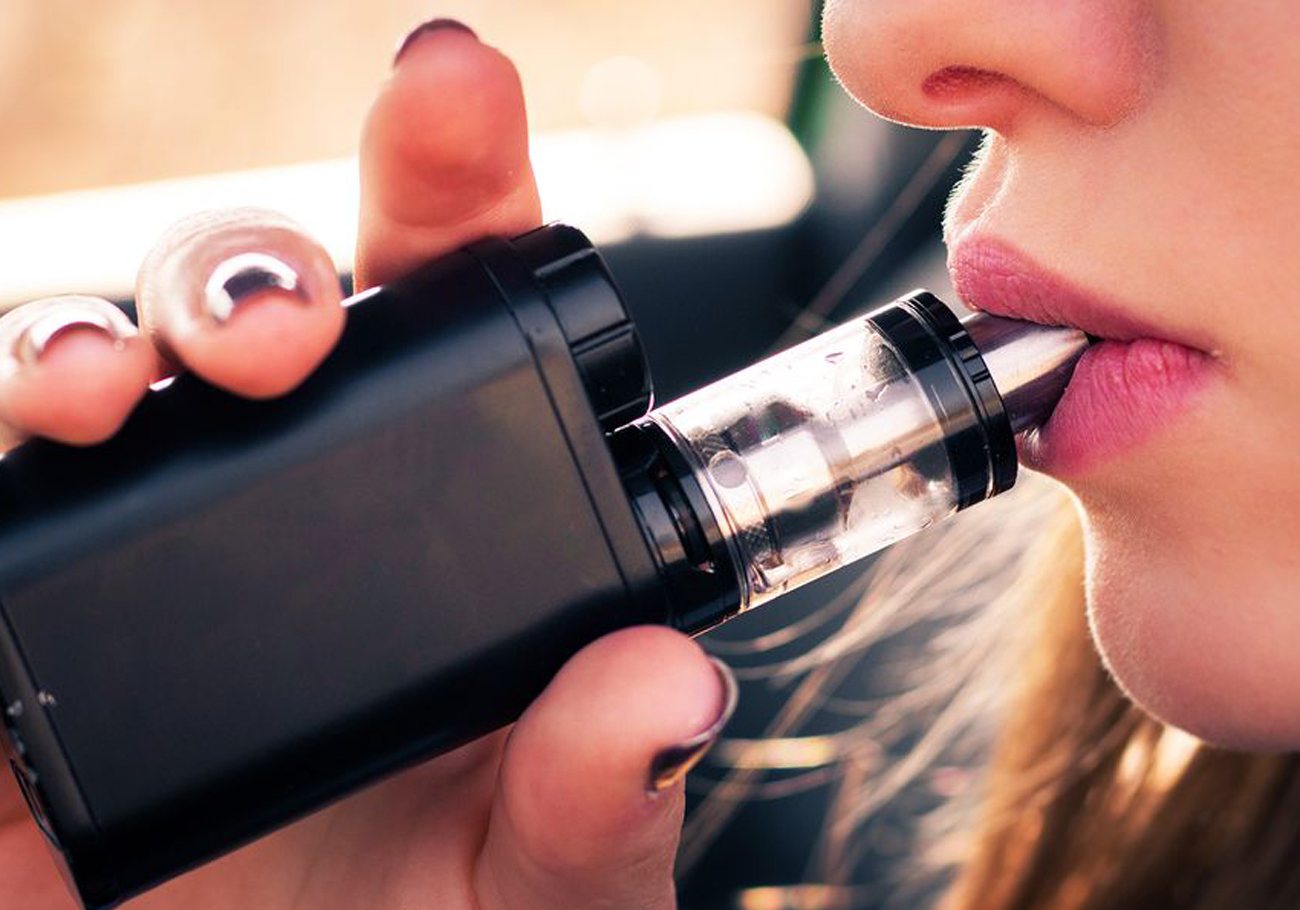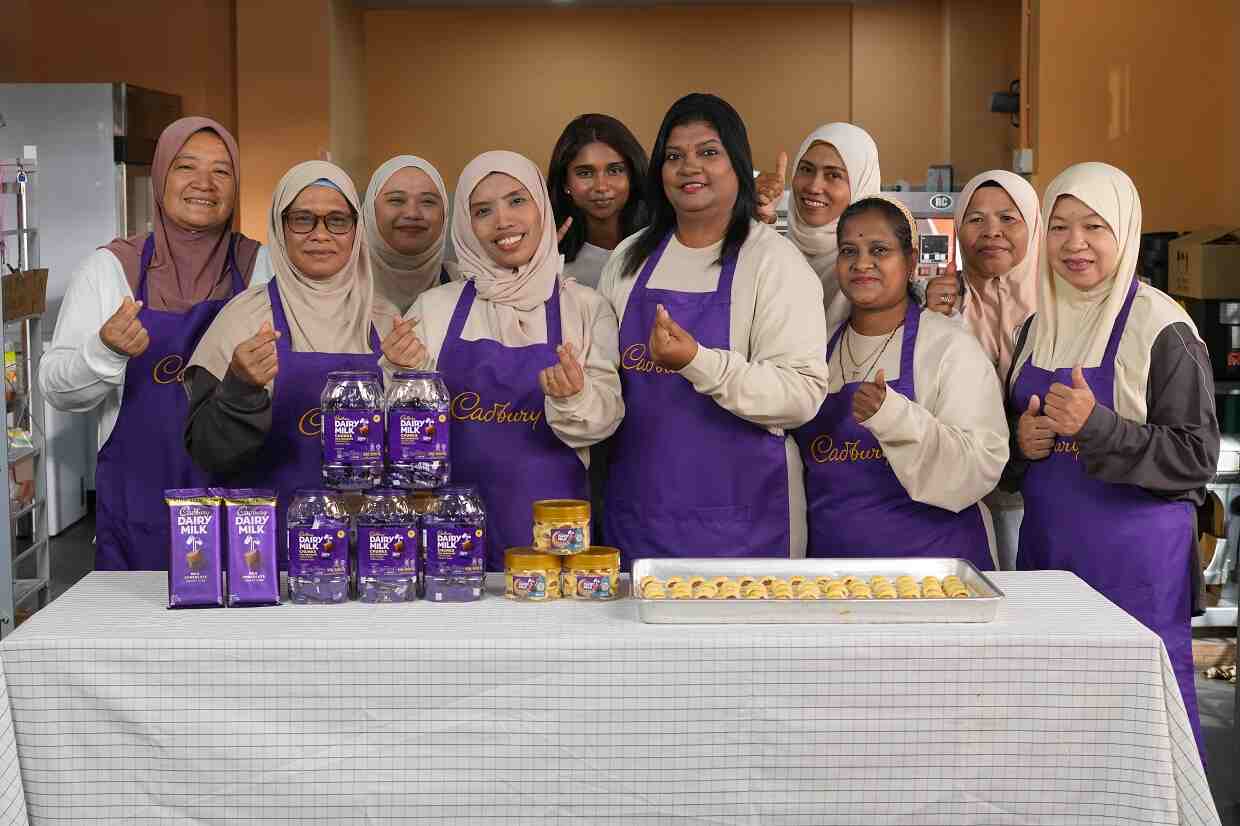
The Consumers’ Association of Penang (CAP) has praised the Malaysian government for its decisive action in implementing the Control of Smoking Products for Public Health Act 2024, which comes into effect on 1 October 2024.
This move aims to regulate the vape industry and safeguard public health, despite opposition from vape traders advocating for leniency.
CAP: Stricter laws for vape industry

CAP, a long-standing advocate for public health, has been vocal about the dangers of vaping, particularly its impact on non-smokers and youth.
While the vape industry claims to generate significant revenue, CAP argues that the economic benefits pale in comparison to the mounting medical costs associated with vaping-related illnesses.
“Public health must take priority over commercial interests,” the association stated, urging the government to remain steadfast in its commitment to the World Health Organization’s Framework Convention on Tobacco Control (WHO FCTC).
This law follows a memorandum submitted by five associations representing over 2,000 vape traders, calling for amendments to the legislation.
The industry had hoped for discussions with the Prime Minister and the Finance Ministry to reconsider certain restrictions, citing potential economic losses.
However, CAP has highlighted the parallel between the vape industry’s lobbying efforts and those historically employed by the tobacco sector, which is now heavily regulated under the WHO FCTC.
Health risks and youth appeal

Vaping is often marketed as a safer alternative to smoking, but CAP argues that these claims are misleading, primarily because they downplay the dangers of nicotine addiction.
In fact, CAP likened the current vape industry’s tactics to the infamous tobacco industry memo from the 1960s, which acknowledged that nicotine was highly addictive.
“We are in the business of selling nicotine, an addictive drug,” the memo from Addison Yeaman, General Counsel of Brown & Williamsom famously admitted.
CAP also expressed concern over the rising use of vape products among Malaysian teenagers.
According to the National Health and Morbidity Survey (NHMS) 2022, vape use among adolescents aged 13 to 17 increased from 9.8% in 2017 to 14.9% in 2022, while traditional smoking rates have declined.

The association believes that the aggressive marketing of vape products, especially through flashy packaging and prominent in-store displays, plays a key role in attracting young non-smokers to vaping.
Despite the vape industry’s argument that regulatory fees and costs threaten their business, CAP insists that the government must prioritise public health.
The economic case for the vape sector is further undermined by the rising healthcare costs associated with vaping-related illnesses.
Projections suggest that treating e-cigarette or vaping-associated lung injury (EVALI) could cost the Malaysian healthcare system RM369 million annually by 2030.
These figures far exceed the RM500 million the government could collect annually from vape taxes.
CAP also warned that vaping poses additional economic threats, including workforce disruptions, reduced earnings, and financial strain on families.
The industry, according to CAP, conveniently overlooks these hidden costs in its pursuit of profit.
MRECA President Datuk Adzwan Manashe has indicated that the vape industry is open to regulation but prefers a gradual implementation.
However, CAP cautioned that this approach mirrors tactics used by tobacco companies to delay meaningful regulations.
“Vape traders were aware from the start that their products, as nicotine delivery systems, would face stringent regulation or even bans,” CAP noted, asserting that the industry’s current challenges are a consequence of calculated business decisions.
In its closing remarks, CAP urged the Malaysian government to stand firm against any attempts by the vape industry to undermine the new regulations.
“The health risks and economic costs of vaping far outweigh any financial gains the industry may offer,” the association stressed, adding that the government must uphold its obligations to the WHO FCTC and place the health of the public above commercial interests.











